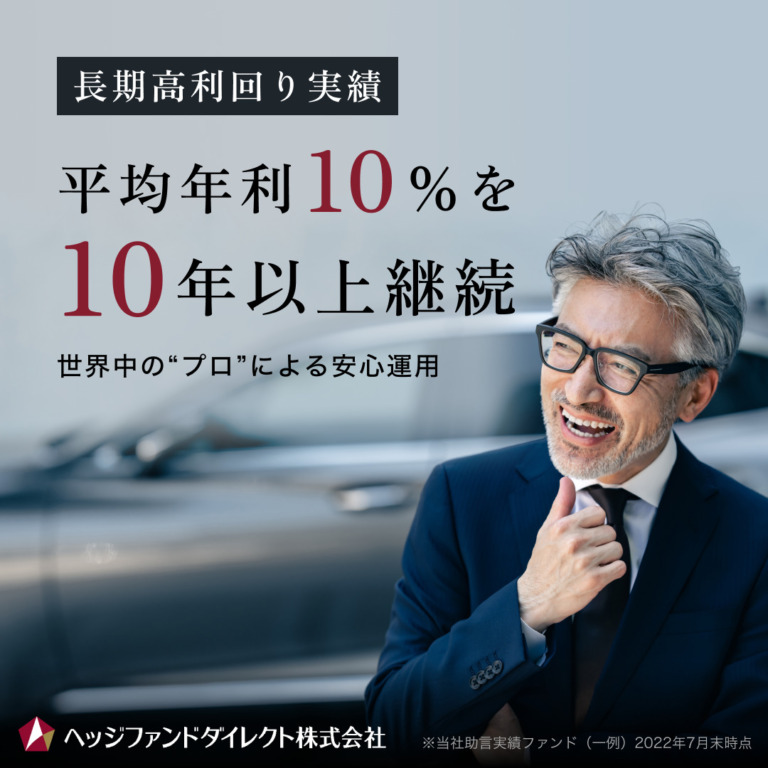When Fernando Alonso won the weekend’s Gulf Air Bahrain Grand Prix, it started the battle for the 2010 Formula One(TM) Championship. It is a battle that will take 12 teams to 19 cities around the world.
While the British Grand Prix at Silverstone might have more history and the Monaco race in Monte Carlo is more glamorous, few of this year’s locations say as much about their destination as Bahrain. Everything about the race and its track told me something about the country and its current transition to change, with all the controversy that goes with it.
The changes to the circuit have been introduced to make the race more versatile with some changes to the landscaping give the event a feeling of being in the desert.
Translating this to the country and you find a nation being pushed into the 21st Century by its Rulers, His Majesty King Hamad ibn Isa Al Khalifa and his son, the Crown Prince. They have already introduced a limited form of consultative democracy and Prince Salman, the Crown Prince is pushing hard for the private sector to take more of a role in the economy.
“We have to,” the Crown Prince told me. “We are moving into a far more diversified economy that is dependant on the private sector. We have to build an economy built on productivity.”
This is a refreshingly blunt acknowledgement that while “the oil and gas won’t run out in the next ten years,” there is not much time before the country has to face this problem.
Visits here involve discussions about what the new economy should look like. There is of course a focus on tourism – currently made up of four million Saudi visitors who come to enjoy themselves in a more liberal environment. There is also the financial service sector. The country has made slow but steady headway in this area especially since Dubai’s financial crisis.
In the transition to the post-oil economy “we’re not going to just target ‘willy-nilly’ anything and everything that comes our way,” the Crown Prince noted. “We don’t have the luxury of going for the whole ‘shebang’ so to speak. We can’t be the masters of everything.”
The ultimate acceptance of this new role, means this small country will end up supporting richer nations like Saudi Arabia and Qatar. They have expertise to consult and advise neighbours on running their oil and gas industries. Through the banks they will also take care of billions of dollars in revenues others produce. Bahrain is destined to become a service economy, more akin to a smaller European nation living off the industries of larger regional partners
For Bahrain, there is always the worry that some bigger or richer nation will steal its thunder. Gulf Air lost out to larger regional competitors. The financial industry ceded ground to Dubai in the good days. Now, seven years since Bahrain established itself as the first Gulf nation to host a Grand Prix, Abu Dhabi has entered the fray, building the billion dollar Yas Marina Circuit. The first Grand Prix last year was triumph of organisation and spectacle, proving what money can truly buy.
So the 2010 Formula OneTM season starts the racing in Bahrain and ends in Abu Dhabi. While at the moment Bahrainis are relaxed about their rival’s participation, they must surely wonder, whether being first will ensure they will remain in the race. While Bahrain finds its way in the new world, they don’t need to lose what they have from the old.
Whatever you are up to in the week ahead. I hope it’s profitable. I will be back in London next week.
– End –
Richard Quest is a CNN correspondent based in London, host of the weekday one-hour program “Quest Means Business”. For program highlights and more, go to www.cnn.com/qmb
